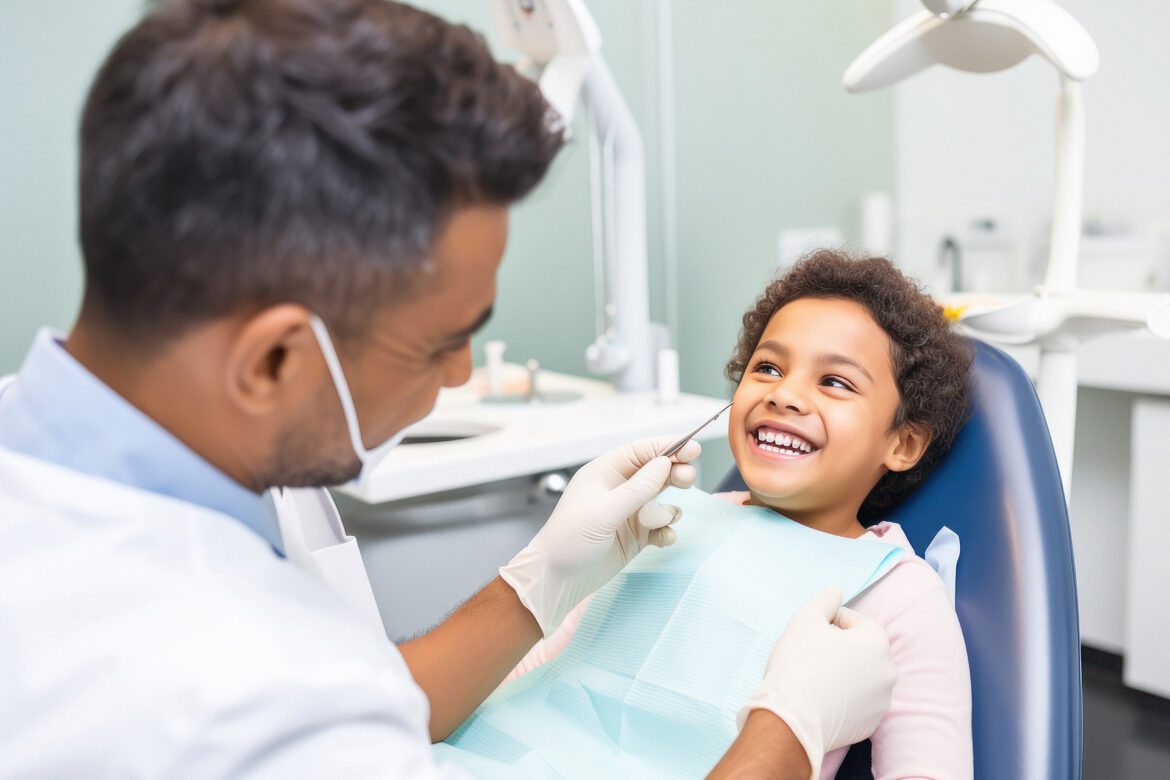Additionally, check if the dentist is a member of reputable organizations. This can include the American Academy of Pediatric Dentistry (AAPD) and the American Board of Pediatric Dentistry (ABPD). These affiliations indicate that the dentist is committed to staying updated on the latest techniques and advancements in pediatric dentistry.
Experience and Reputation
Experience is another crucial factor to consider when choosing a pediatric dentist. Ask about the number of years the dentist has been practicing. Don’t miss out on asking about their experience with different dental procedures for children.
It also helps to look into some references from other parents. Make sure to read online reviews to get an idea of their reputation. A good pediatric dentist should have a friendly and caring demeanor. They should be skilled in handling dental anxiety in children.
Moreover, they should also have a welcoming office environment with child-friendly amenities such as toys and books. This can help make the dental visit a positive experience for your child.
Child-Centered Approach
Children have different dental needs and requirements compared to adults, and a pediatric dentist understands this. They are trained to communicate effectively with children. They make them feel comfortable during their visit.
A child-centered approach involves using child-friendly language. They will be explaining procedures in an age-appropriate manner. Plus, they will be addressing any concerns or fears your child may have.
A pediatric dentist should also prioritize preventive care. This can include regular cleanings and fluoride treatments. Both of which help maintain your child’s oral health.
They can also provide guidance on proper brushing and flossing techniques for children.
Preventive Care and Education
Preventing dental issues is always better than treating them. So, a good pediatric dentist will emphasize the importance of preventive care. Regular check-ups can catch any potential problems early and prevent them from becoming more serious in the future.
A pediatric dentist should also educate parents and children on proper oral hygiene practices. They can offer advice on diet and nutrition. They can also discuss tips for managing habits. Such habits may include thumb sucking or pacifier use that can affect dental development.
If you book a dental appointment here, you can expect that the dentist can educate you and your children about these, as well as provide you with personalized care.

